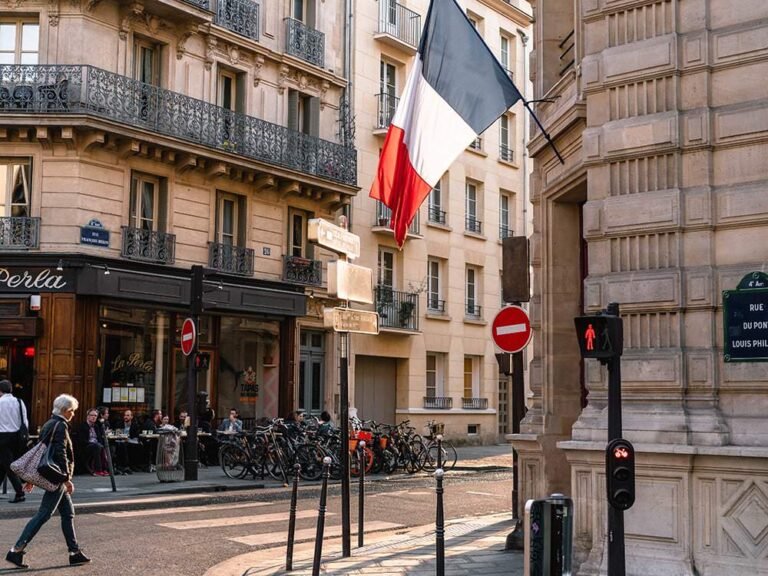coeur d’artichaut
“Coeur d’artichaut” is a French saying that translates literally as “heart of artichoke” or “artichoke heart.” What it really means is someone who falls in love easily, or it can also mean someone who is fickle in love.
An artichoke is a vegetable with tough leaves on the outside and a much softer centre. Comparing an artichoke to a person is to relate each leaf of the artichoke to someone that person falls in love with. It is someone who falls in love too easily and is not sufficiently reliable to remain in love with one person for the rest of their life.
The idiom dates back to the end of the 19th century. Its original form was the proverb “heart of artichoke, one leaf for everyone.”
Similar English expressions include “to be fickle” and “artichoke heart.”






